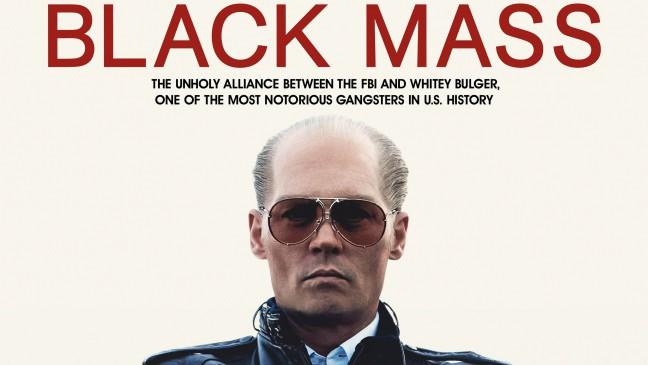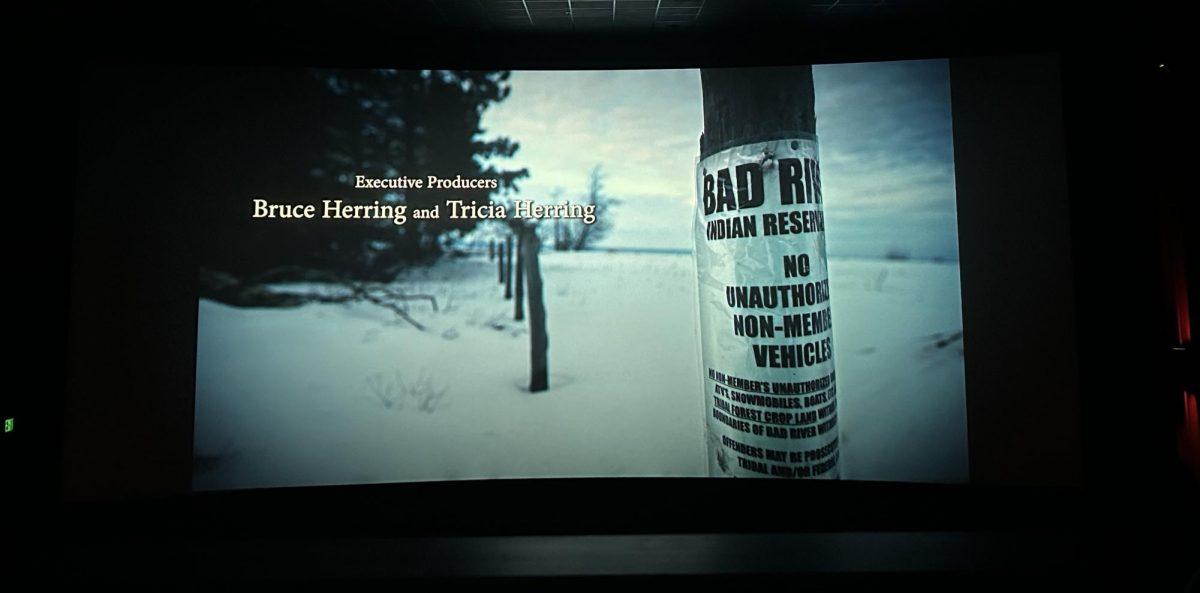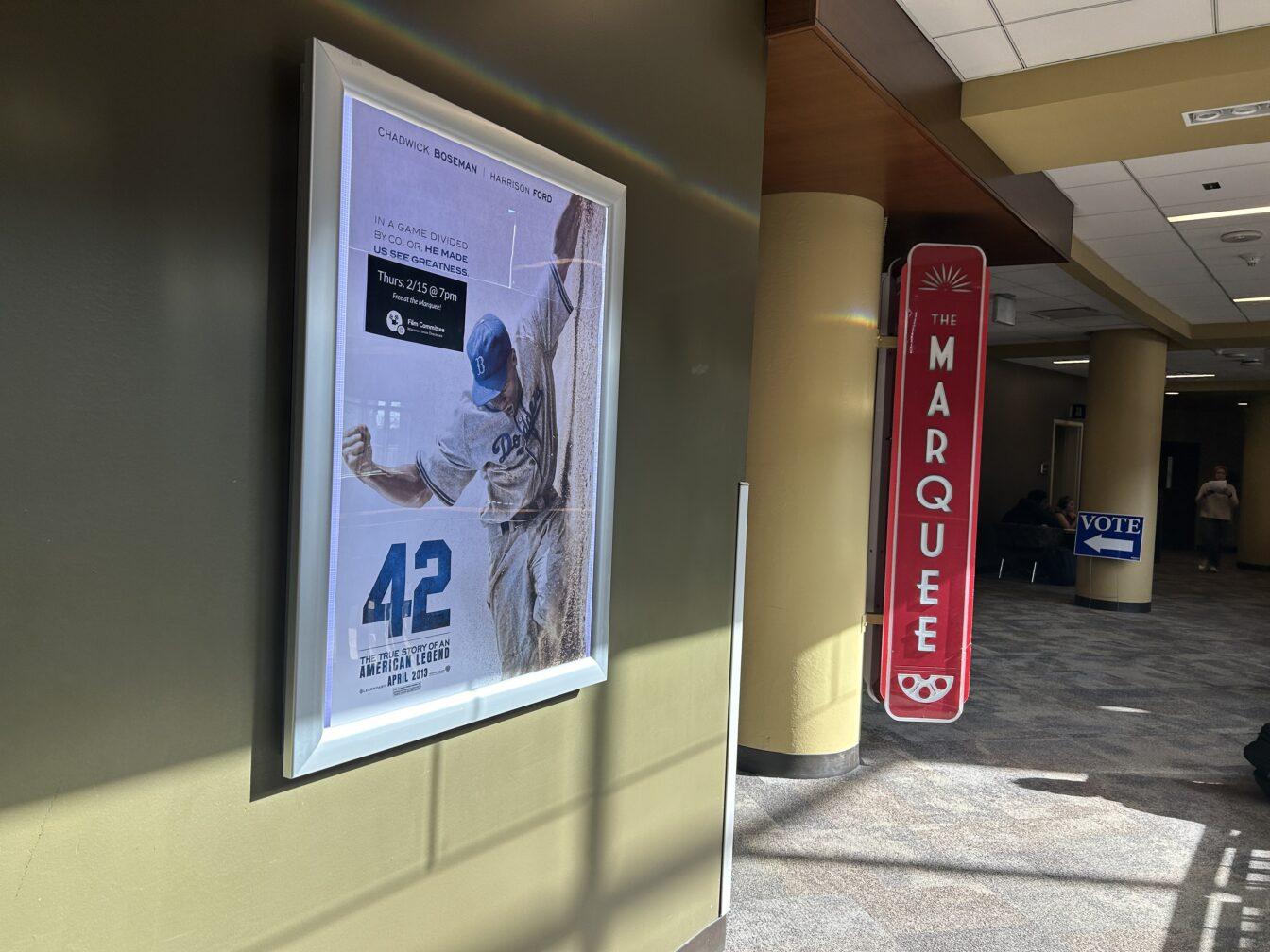Donning a chilling set of ice blue eyes and a deep Boston accent, Johnny Depp (Mortdecai) owned up to his new role as notorious Irish-American mobster James “Whitey” Bulger in “Black Mass.”
With a striking supporting cast, including the acclaimed Benedict Cumberbatch (The Imitation Game), the dramatic performances were nothing short of spectacular. But as a cinematic piece, the film was slow-paced and haphazardly compiled in a lousy attempt to relay Bulger’s compelling story.
Based on the true story of Boston’s Winter Hill Gang, “Black Mass” consists of a series of flashbacks, stemming from the testimonies that Bulger’s imprisoned affiliates gave throughout the movie.
Freshly released from Alcatraz, Bulger and his gang still maintain a solid grip over South Boston’s crime scene, though they meet opposition through the Angiulo Brothers, a family affiliated with the Italian Mafia.
Distressed, Bulger hesitantly takes advantage of an opportunity presented by new FBI agent John Connelly (Joel Edgerton), an old and trusted acquaintance. Connelly requests Bulger’s help in taking down the Anguilo Brothers, which would be a win-win for both the FBI and Bulger’s gang.
But while Connelly explicitly instructs him to abide by the law, Bulger remains hooked to crime. Despite this, Connelly protects him and they both end up running from the law. This ultimate corruption within the FBI inspired the title of the movie — a “black mass” is an inverted Catholic mass implementing elements of Satanic worship. In the movie, Bulger represents an infiltrating “devil” who sends the FBI into a frenzy.
Making a movie revolving around a true story always presents challenges. Even so, “Black Mass” failed to portray Bulger’s story in a fast-paced, engaging manner. While there were brief moments of beautifully executed scenes, they too quickly resolved back into monotony.
The musical score similarly fell into a trap of poor timing. While the composition itself was moving and evocative, its delivery and usage in particular scenes read as melodramatic. This was a disappointing, because in appropriate tandem with the music, the scenes could have been quite powerful.
Most of the time, the film was slow and difficult to follow. Even worse, it would sporadically pick up and then return to a molasses-like pace. These moments were so strangely spaced out that they fell short of holding the audience’s attention.
There were a couple of subplots featuring prominent actors that only made the film more confusing. Instead of adding to the film’s quality, they only served as a distraction. Many of the supporting characters actually played an integral role in Bulger’s real life story — they should have been more effectively cast to fit this role.
On a positive note, there were effective moments of comedic relief. In addition, the movie consisted of quality scene editing and continuity. Depp and Edgerton’s superior acting did manage to preserve some of the quality many expected from the film, but without them, “Black Mass” would have fallen completely flat.
The ending possessed a pathos that left the audience with an uneasy feeling that was finally appropriate and potent. These concluding scenes were some of the only ones that used the score to its full potential.
While audience-goers had high hopes for “Black Mass,” the film suffered in its ordinariness. Coming off as a strange, wannabe combination of “American Hustle” and “Goodfellas,” the film was wholly confusing and inconsistent. While Depp’s performance was chilling and memorable, the film was not up to par with its “Oscar bait” hoopla.














